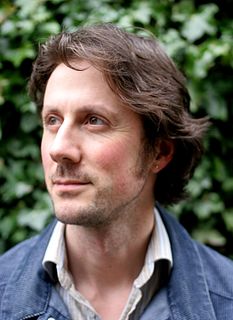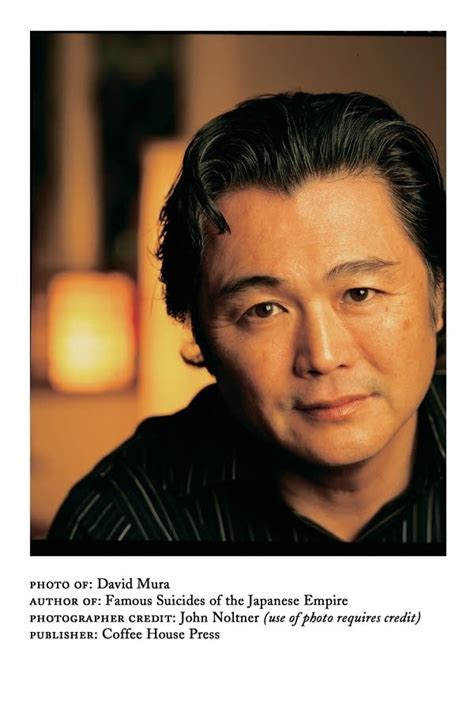A Quote by Ernest Gellner
Nowledge which... transcends the bounds, the prejudices and prejudgements of any one society and culture is not an illusion but, on the contrary, a glorious and luminous reality. Just how it was achieved remains subject to debate.
Related Quotes
There is no objective reality. But there is only an illusion of consciousness, there is only an objectivication of reality, which was created by the spirit. The origin of life is creativity, freedom; and the personality, subject, and spirit are the representatives of that origin, but not the nature, not the object.
The world, and whatever that be which we call the heavens, by the vault of which all things are enclosed, we must conceive to be a deity, to be eternal, without bounds, neither created nor subject at any time to destruction. To inquire what is beyond it is no concern of man; nor can the human mind form any conjecture concerning it.
What does interest me is how difficult my culture seems to find it to look the dark side of life directly in the eye. It seems to me that if we look back at mediaeval culture, for example, we see a society which faces the reality of death and pain and limitation, because it has to. Our society, which is progressive and technological and seems to have a slightly fanatical utopian edge to it, gets very uncomfortable when anybody highlights the dark side of humanity, or the world we have built, or what we are doing to the rest of life on Earth.
That argument doesn’t make any sense to me. So we want to advance as a society and as a culture, but, say, if something happens to an African-American, we immediately come to his defense? Yet you want to talk about how far we’ve progressed as a society? Well, if we’ve progressed as a society, then you don’t jump to somebody’s defense just because they’re African-American. You sit and you listen to the facts just like you would in any other situation, right? So I won’t assert myself.
Poetry transcends the nation-state. Poetry transcends government. It brings the traditional concept of power to its knees. I have always believed poetry to be an eternal conversation in which the ancient poets remain contemporary, a conversation inviting us into other languages and cultures even as poetry transcends language and culture, returning us again and again to primal rhythms and sounds.







































